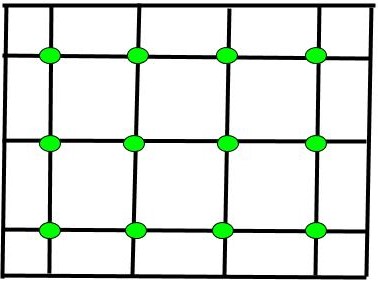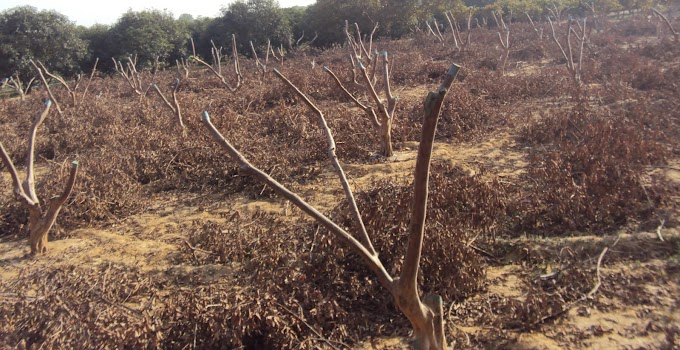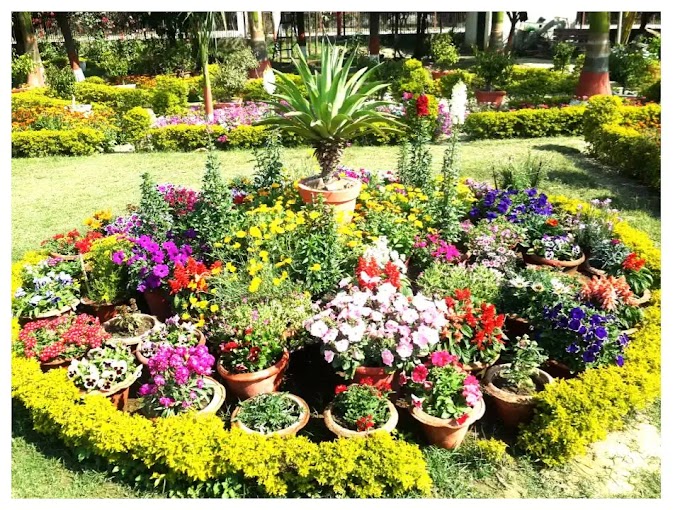Table of Content (toc)
Silver and STS
Beyer first reported that silver ions inhibited the ethylene action. He further reported that senescence of carnations and orchids could be retarded by silver ions. The feeding of silver (Ag+) through the stem to inhibit the action of ethylene was unsuccessful because of immobility of the silver ion. Veen and Van de Geijn found that silver thiosulfate (STS) was mobile in a cut stem and provided sufficient silver to the petal for preventing the effect of ethylene. The findings became the tool for horticulturists to extend the vase life of cut flowers with the use of STS. Later on, STS was commercially used in pulse treatment of cut flowers to extend the vase life but now its use is banned because it contains silver, an environmental pollutant. Silver (Ag+) inhibits an ethylene response by binding to and blocking of the ethylene receptor.
AVG and AOA
AVG (aminoethoxyvinyl glycine) , a bacterial toxin, was used to extend the life of carnations and other ethylene sensitive flowers. A chemical AOA (amino oxyacetic acid) inhibitor of pyridoxal phosphate-requiring enzymes was used in extending the life of the carnation. These inhibitors are useful to inhibit the endogenous biosynthesis of ethylene during marketing when endogenous ethylene production induces due to exposure of plants to stresses. AVG and AOA inhibit the ethylene biosynthesis but do not improve the display life of plants and flowers exposed to external ethylene. AVG is marketed under the trade name ReTain which affects plants similar to the Alar. ReTain delayed maturity of fruits, maintained firmness and superficial scald in storage. AVG blocks ethylene synthesis and is applied pre harvest. The fruits do not produce much ethylene after treatment, so there is no ethylene response.
Alcohols
The alcohols particularly ethanol have anti ethylene action. Wu and his colleagues reported that a vase solution containing 4 percent ethanol extended the longevity of carnation flowers. The ethanol was acting by reducing the binding of ethylene to its binding site.
NBD (2,5-norbornadiene)
NBD (2,5-norbornadiene) inhibits the ethylene response by binding to and blocking the ethylene receptor.
1-MCP
1-MCP (1-methylcyclopropene) is a cyclic olefin that has potential to inhibit ethylene action. 1-MCP inhibits ethylene action by binding irreversibly to the ethylene binding site. It inhibits the action of both exogenously and endogenously produced ethylene. 1-MCP treatment is as effective as STS treatment and this compound may be the substitute of STS in ornamental horticulture. The 1-MCP is a patented chemical and available in the market under the trade name ‘Ethyl Bloc’. 1-MCP blocks ethylene by binding to its receptor and is applied postharvest. The fruits may produce some ethylene even after getting 1-MCP treatment but there is no response to the ethylene.





